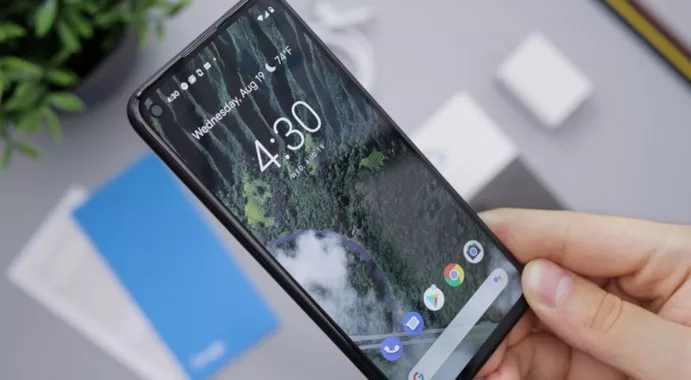India is one of the biggest tech companies in the world and has exported millions of tech workers to different parts of the world. Its large population and focus on tech have also seen big companies like Microsoft, Apple, and Google open multiple offices within its borders.
Internet connectivity has been a huge contributor to tech advancement in the country. Big telcos like Bharti Airtel have already rolled out 5G services in over 5000 towns and reached over 50 million unique customers. This article will explore how 5G is enhancing digital services across India.
Transforming Healthcare Through Telemedicine
Remote healthcare services have been common in India and beyond. Doctors can guide patients through mobile devices through first aid and other medical services. 5G devices allow real-time video streaming and data transfer.
5G technology can take telemedicine to new heights. Doctors in urban centers can consult patients in remote centers via video calls. Minor surgeries can also be performed remotely with robotic assistance. Healthcare professionals can also track the health of their patients in real-time through wearable devices with 5G connectivity.
Improved Gaming
Gaming is one of the biggest entertainment industries. India and Asia produce gamers who compete globally. Most modern games are now being served digitally through cloud gaming. Latency, the delay between a player’s input and the game server’s response, has been an issue for many gamers.
5G network can reduce latency to as low as 1 millisecond, allowing almost instantaneous feedback in gaming. Low latency is crucial for multiplayer games like competitive battle royale and fast-paced first-person shooters. Players can also download quickly or stream games in high definition without lag. Indians connected to 5G are already enjoying real-money games here in high definition and with no delays.
Revolutionizing Internet Speed and Connectivity
India has a big digital divide. Some areas are well-developed, while others are poverty-ridden. Underserved rural areas have yet to experience what citizens in high-end areas are experiencing. High-speed 5G internet can bridge the digital divide and enable equitable access to services like e-commerce and digital banking. Users looking to stream movies and games will also experience high speeds and low latency. Digital communications will also be revolutionized across the country as people will send messages and do video calls without delays.
Financial Services Providers
5G improves speed, security, and accessibility across various financial services. High-speed connectivity and low latency are already making transactions almost instantaneous, reducing wait times that users must go through when making online transactions. This high speed is crucial in high-frequency trading like shares and forex trading, where a few milliseconds of delay can hugely impact profits.
Biometric authentication using methods like facial recognition and fingerprints is being positively impacted. 5G technology reduces lag, enhances security, and streamlines customer service access. The technology also comes with enhanced data security capabilities, where financial services can employ AI-driven analytics and real-time monitoring to prevent and detect fraud as it occurs.
Enhancing Online Education
Even though online learning started more than a decade ago, it was not fully embraced until the 2020 pandemic. Unfortunately, students and teachers with poor internet connections keep dropping out of classes. Some connections are so poor that they cannot support video calls during classes.
5G is changing how students and teachers interact in classrooms by offering uninterrupted connections. We will likely see immersive learning experiences where teachers use augmented and mixed reality for hands-on learning, irrespective of location. This technology will also give students in underserved and remote areas equal chances to quality education.
Challenges
The benefits of 5G are numerous. However, the country still faces various challenges that need to be addressed. First, the high cost of infrastructure is making most telcos slow down. Some companies have invested heavily in networks like 4G and are yet to break even. Second, there needs to be a high level of collaboration between the private sector and government to make the rollout of 5G in the country easy. Even though not all Indians have devices supporting 5G connectivity, the numbers will likely change over the next five years. Gamers, digital content creators, bankers, e-commerce and telemedicine operators will be the biggest beneficiaries.
Also Read: The 5 Best Telegram Client Apps for Android


